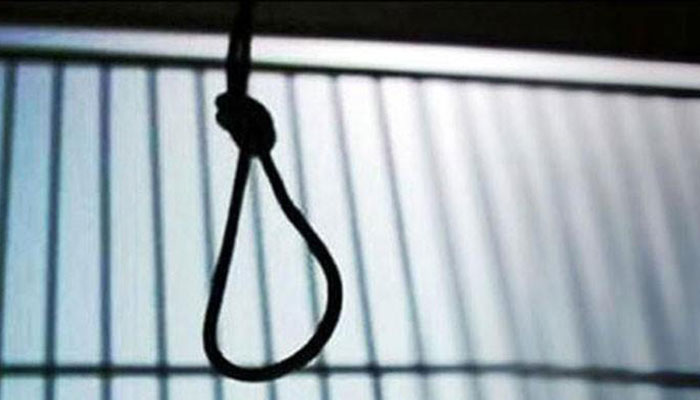To be on death row during a deadly pandemic: “Mera kia ho ga?”
Photo: File
For the first time since the coronavirus outbreak in Pakistan, I was back at the Central Jail in Lahore, making my way through security checks on an early October morning.
...
December 14, 2020

For the first time since the coronavirus outbreak in Pakistan, I was back at the Central Jail in Lahore, making my way through security checks on an early October morning.
A lot had changed. There was now a new registration system for entries, while those visiting were given a token to wait for their turn. Earlier, registration was based on a first-come, first-served basis. There was no jostling or shoving now, so I patiently waited, with the token in my hands, for my number to be called out.
Read more: Rape 'monstrous act' but death penalty not the answer: UN rights chief
I was there that day to meet my client, Saleem, who is on death row. He’s mentally ill, which is why I was not sure if he would recognise me after such a long gap.
In the last seven months, Saleem was not allowed to meet anyone — neither family and friends nor his legal counsel — as prison authorities had suspended visitations due to the pandemic.
Life on death row is lonely as it is. Prisoners spend their entire lives in small cells, which they can only leave for two hours in the morning and two in the evening. I can’t even imagine what life on death row must have been like for inmates in the midst of a pandemic.
After a while, I was taken to the death cells. Usually, these cells house two prisoners at a time, but today the other two had been moved to give me some alone time with my client.
Read more: ATC sentences Karachi cop to death for staging fake encounter
Saleem has been on death row for the last sixteen years. He has been diagnosed with schizophrenia, confirmed both by jail authorities and a court-appointed medical board.
When I walk into his cell, he recognised me, but he didn't remember my name.
From time to time, his memory failed him. Sometimes, he remembered that he passed his Matriculation examination but forgot which year.
As I talked to him, I noticed that he had lost more weight, dropping to a mere 57 kg. The bones under his skin were more visible now as were the bags under his eyes. Still, he was happy to see me.
I asked him if he had been keeping well. He said the guards wake him up early in the morning for tea. He had breakfast at 10 a.m. and then his next, and last meal, for the day was at 4 p.m.
I tried to distract him by asking about coronavirus. These past few months I had been worried about him. Prisons have the potential to be hotspots for the virus due to overcrowding and a lack of hygiene. But the irony of keeping Saleem safe from a deadly virus while he is on death row has also not lost on me either.
I was reminded of Mirza Ghalib’s existential couplet, as Saleem began to ask me questions about his fate: Mera kia ho ga? (What will become of me?) Mein bach jaon ga? (Will I be saved?)
That day, I wanted to tell Saleem that he will be okay that everything will be fine. But I didn't want to make promises I know I can’t keep.
Irshad and Kazmi work for Justice Project Pakistan (JPP).












